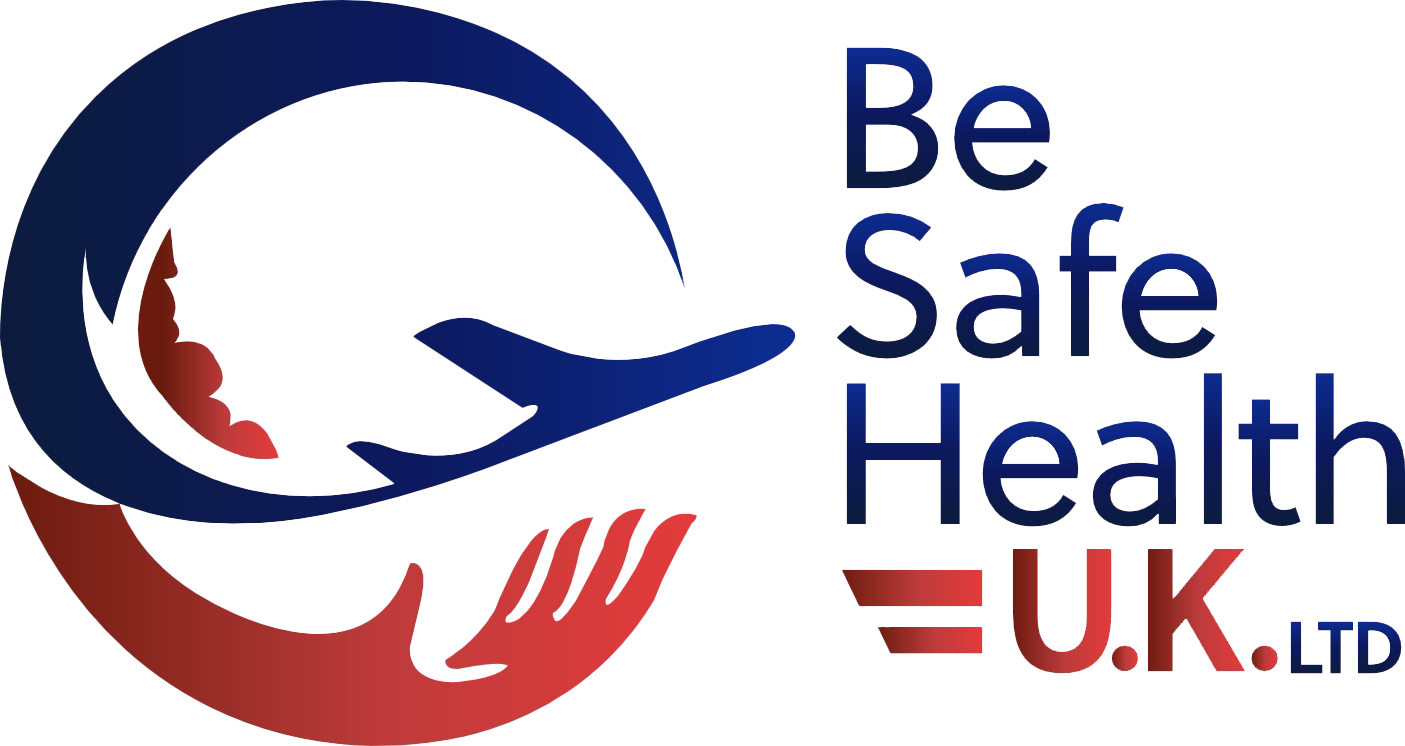"Prevent Complications: Avoid Social Drugs Before Surgery - Stay Safe!"
- Sean-Jordan Baruch

- Aug 7, 2023
- 2 min read
Social drugs, such as alcohol and marijuana, have become increasingly prevalent in our society. While their recreational use is often seen as harmless, it is important to consider the potential consequences of consuming these substances prior to undergoing surgery. This essay aims to explore the pre-operative consequences of social drug use, highlighting the risks and potential complications that can arise during and after surgery.
Abstract:
The use of social drugs before surgery can have detrimental effects on the patient's overall health and the success of the surgical procedure. Alcohol and marijuana, in particular, can interfere with anesthesia, increase bleeding risks, impair wound healing, and prolong recovery time. It is crucial for individuals to understand these potential consequences and make informed decisions regarding their drug use prior to surgery.
Arguments:
1. Anesthesia Interference:
One of the primary concerns with social drug use before surgery is its potential interference with anesthesia. Alcohol and marijuana can alter the body's response to anesthesia, making it more difficult for anesthesiologists to administer the appropriate dosage. This can lead to complications during the surgery, such as inadequate pain control or an increased risk of adverse reactions to anesthesia.
For example, alcohol is a depressant that can slow down the central nervous system. When combined with anesthesia, it can intensify the sedative effects, leading to respiratory depression or even coma. Similarly, marijuana can affect the metabolism of certain anesthetic drugs, resulting in unpredictable responses and potentially compromising the safety of the procedure.
2. Increased Bleeding Risks:
Social drug use, especially alcohol consumption, can increase the risk of bleeding during and after surgery. Alcohol acts as a blood thinner, inhibiting the normal clotting process. This can lead to excessive bleeding during the procedure, making it more challenging for surgeons to control and manage.
Furthermore, alcohol can impair the liver's ability to produce clotting factors, further exacerbating the bleeding risks. Excessive bleeding can prolong the surgical procedure, increase the need for blood transfusions, and potentially lead to post-operative complications.
3. Impaired Wound Healing:
Another consequence of social drug use before surgery is impaired wound healing. Alcohol and marijuana can interfere with the body's natural healing processes, leading to delayed recovery and an increased risk of infection.
Alcohol, as a toxin, can weaken the immune system, making it less effective in fighting off infections. It can also impair the production of collagen, a crucial protein for wound healing. Similarly, marijuana can affect the body's inflammatory response, which is essential for proper wound healing. These factors can result in delayed wound closure, increased scarring, and a higher likelihood of post-operative infections.
Conclusion:
In conclusion, using social drugs before surgery can have significant pre-operative consequences. Alcohol and marijuana can interfere with anaesthesia, increase bleeding risks, impair wound healing, and prolong recovery. It is essential for individuals to be aware of these potential complications and make informed decisions regarding their drug use prior to undergoing any surgical procedure. By avoiding social drug use before surgery, patients can enhance their safety, improve surgical outcomes, and facilitate a smoother recovery process.




Comments